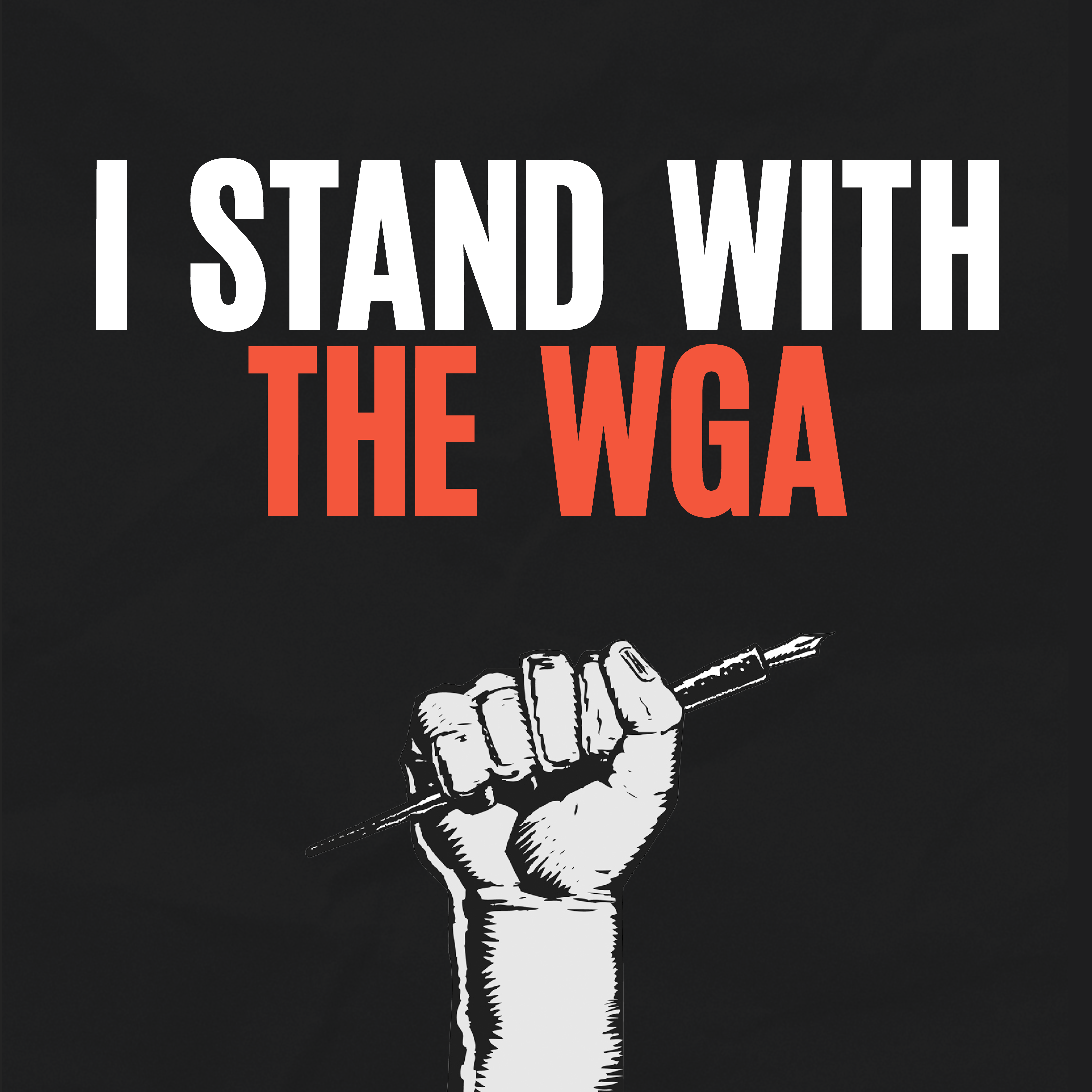Ten years ago, at age 31, I had achieved nearly all of my dreams. I was a national NFL columnist for a top-five global sports outlet, with a salary supporting a house in the suburbs, two cars, and a growing menagerie of pets for my wife and our three active kids.
My daily routine was waking up, helping get the kids to school, and writing the best damn football column I could. I'd started writing science-fiction and fantasy short stories on the side, laying the groundwork for a second dream career. In a couple of months, I'd be flown out to a ritzy Manhattan skyscraper overlooking Central Park to meet all my colleagues face-to-face and welcome our new cable-TV overlords.
I thought I was on my way to becoming the next Mitch Albom--or at least the next Mike Tanier.
Instead, the very concept of writing for money online was attacked to the point where I had to go back to a day job before I lost the cars and the house. Turner Sports spent the next decade paring Bleacher Report down to just branding and vibes, which a few months ago made them both easy targets for their new cable-TV overlords.
Last week, the parent company of the outlet where I've been a regular contributor for seven years, FiveThirtyEight, fired over half my colleagues and stopped publishing sports entirely. Days later, the site I've written for next-most frequently, VICE, laid off the entire staff of its video-game vertical, Waypoint (under which I had one byline).
Meanwhile, traditionally published non-fiction authors (of which I am one) and novelists (towards which I'm working) report a dispiriting lack of support from traditional publishers. Amidst record profits, publishers have offloaded nearly all the work of marketing and promotion onto authors who mostly lack the skills, tools, time and/or experience to move copies by the necessary thousands.
There's basically one industry where doing the work of a professional writer guarantees a living wage, good working conditions, and actual health benefits in return. And they're now on strike, holding the line for all of us.
They did it to music. They did it to tech. They did it to journalism. They did it to internet comedy. They did it to real estate. They’re doing it to film&TV now and *everything* is next. https://t.co/NhyMNZkPr3
— Jessica Ellis (@baddestmamajama) May 3, 2023
The mega-profitable media conglomerates that have been laying off writers like me in waves, and squeezing book publishing from every direction, have also been working overtime to avoid paying the people who create all the movies and TV shows we love.
I've heard writers of all stripes talk vaguely about unions, like we can all just kind of hold hands and say "Union!" and then companies will pay us more. But Hollywood screenwriters have spent nearly a century working and bargaining collectively as the Writers Guild of America West, and they know there's only one way out.
We can't ensure "writer" remains an actual job just by grousing about it in Slacks and Discords, or individually asking for slightly better contracts. We can only hold the line by refusing to work until the terms are fair for everyone.
That brings us to the really uncomfy bit: Telling everyone who is not in the union, especially those who would like to be in the union, that they had not better do the work, either.
Bloggers, journalists and essayists have long been making #content that lines other people's pockets for little but the "exposure" of a byline in return. And aspiring authors, especially in science fiction and fantasy, have been uplifted and affirmed by pros (and, failing that, each other) for decades. But in screenwriting, there is a bright line between those who are Real Writers and those who are not--and when the ones who aren't do professional work on less-than-professional terms, it makes actually being a real writer harder for ALL of them.
So, my writery friends: If someone who makes shows contacts you to spitball a story idea or polish a script, you tell them no. If they offer to option something you've already published, you tell them no. Stand with the writers who are putting their lives and livelihoods on the picket line on behalf of all of us.
https://twitter.com/itsamia/status/1653483568834793479And then maybe those of us who aren't screenwriters, or staff writers in a unionized newsroom? We can have some tough conversations with each other. Conversations about churning out words for little-to-nothing on a website that pays management real money. Or accepting a four-figure book deal from a multibillion-dollar company (split into five parts over three years for the sake of their cash flow!) for a project you spent years of your life on. Or about, for Pete's sake, getting on Fiverr and taking a few hundred bucks to bang out 40,000 words for someone else, who'll slap their name on them and sell them on Amazon.
Despite being a hell of a lot better writer than I was in 2013, at this instant I am the same distance away from full-time writing employment as I was when I woke up on December 29, 2008 and put my Lions feelings on the Internet. But, thank God, I still have the loving family and bustling home. I only write when I want to, on terms I accept (Hi, my free subscribers! You guys rock and I love writing for you). And don't look now, but I've never been closer to making the author dream happen.
So join me in solidarity with the WGA, as they fight the battles I couldn't, or didn't. Join me in fighting for writers' fair share of the wildly profitable works they create. Join me in hoping all writers will band together and ensure that nobody makes a living off our work unless we do.
You just read issue #58 of Gimme Schalter. You can also browse the full archives of this newsletter.
